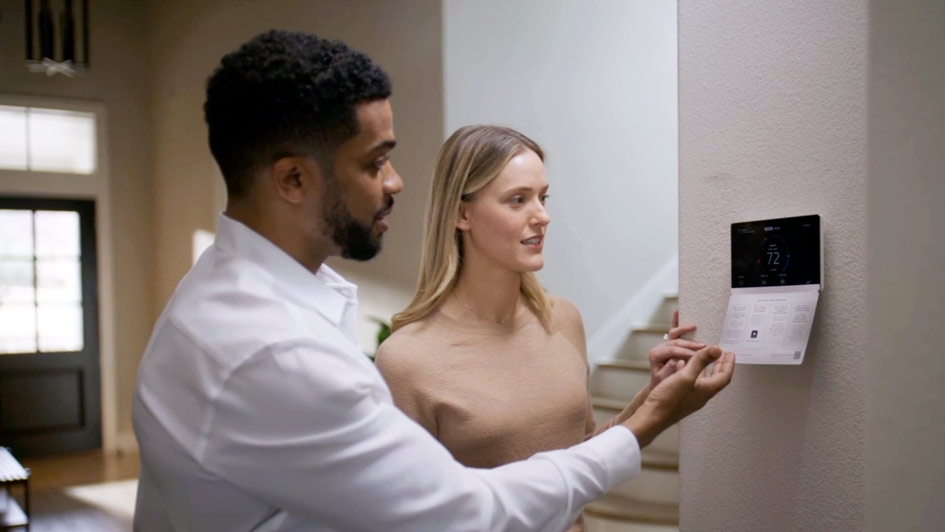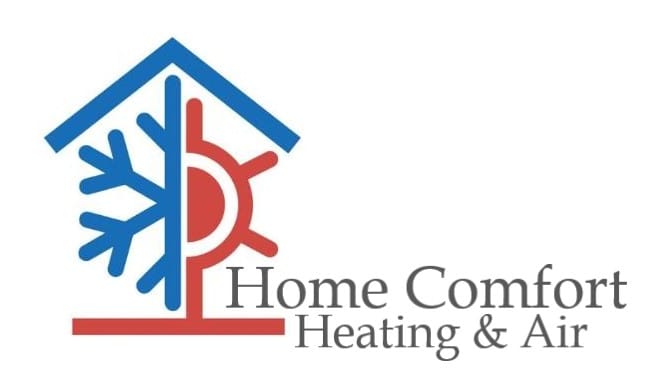
Completing the search for your first home is exciting. You’re likely trying to keep track of numerous details to ensure you’re making the right choice. We believe that understanding your potential new HVAC system is essential. The property’s HVAC system represents a substantial investment and potential source of long-term costs, illustrating why a detailed inspection is important for first-time homebuyers.
In the following guide, we’ll outline seven tips for learning everything you can about a home’s heating and cooling system. And if you want a deeper opinion from the pros, feel free to call Home Comfort Heating & Air. Our staff can share details about your options with industry insights that are second to none.
1. Which Kind of HVAC System Does the Home Use?
Start by identifying what type of HVAC system the home features. Furnaces tend to last longer compared to air conditioners, and newer types of HVAC equipment like heat pumps boast average life spans longer than ever. Getting the details on the make and specific model gives you a much better sense of how much maintenance it will require.
2. How Long Ago Was the System Installed?
It’s just as smart to learn how old the HVAC system is when you're looking at a new home. On average, HVAC systems last about 10-12 years. Knowing when it was installed helps you anticipate future maintenance needs or when it might break down. Older systems are more prone to problems, so budgeting for a replacement unit might be needed faster than expected.
3. Is the Warranty Still in Effect?
Check if the HVAC system is covered by a warranty. If it is, that's great news because it can lower maintenance expenses. HVAC warranties typically include parts and labor, but it's important to note that details will vary. Don’t forget to look into any terms that aren’t familiar to make sure you fully understand your coverage and any possible out-of-pocket costs.
4. Does the System Have a Documented Maintenance History?
Take a close look at the maintenance history of the HVAC system, if that information is accessible. This kind of information can demonstrate if there have been regular problems or how often a tune-up was scheduled. Ask about records for key tasks like filter changes, which means it enjoyed more regularly scheduled tune-ups.
5. What Are the Energy Efficiency Ratings?
Selecting a system with great energy efficiency means more manageable utility bills and less of an impact on the environment. Look for the seasonal energy efficiency ratio (SEER) ratings for air conditioning along with the annual fuel utilization efficiency (AFUE) for furnaces. Higher SEER ratings mean better cooling across the entire season, while high AFUE ratings indicate that the fuel is more effectively burned for useable heat.
6. Did You See Any Problems After Completing an Informal Inspection?
Even without experience in HVAC systems, you should still check out the HVAC system on your own. Keep an eye out for any concerning items that weren’t mentioned by the seller or real estate agent. This includes strange noises, unequal airflow and attempts to hide any serious damage.
7. Is an Experienced HVAC Technician Available to Help?
If you're still hesitant to make an offer because of the condition of the HVAC system, it's beneficial to get input from trained HVAC technicians. They will be much more likely to catch things you may not know about, such as refrigerant leaks, bad electrical connections or damaged ductwork.
A Consultation with Home Comfort Heating & Air Simplifies Your Home-Buying Journey
Finding your first home ought to be exciting, and Home Comfort Heating & Air will do everything possible to ensure that doesn’t change. Get in touch with us at 763-276-0617. We can discuss how our HVAC services give you peace of mind, giving you what you need to make an offer with confidence.

